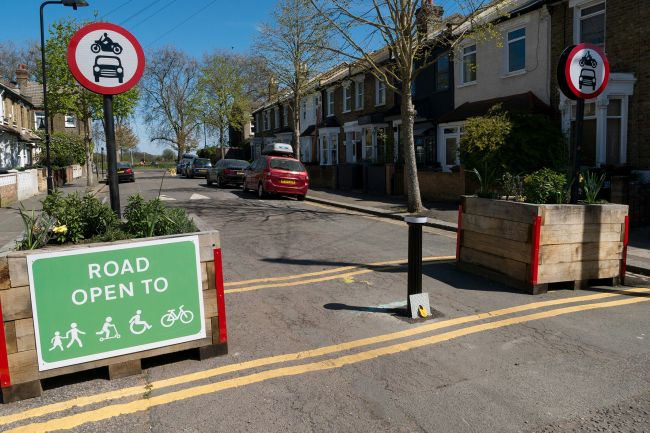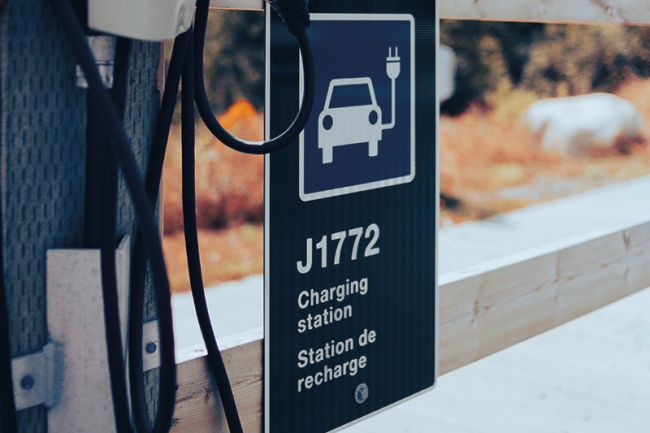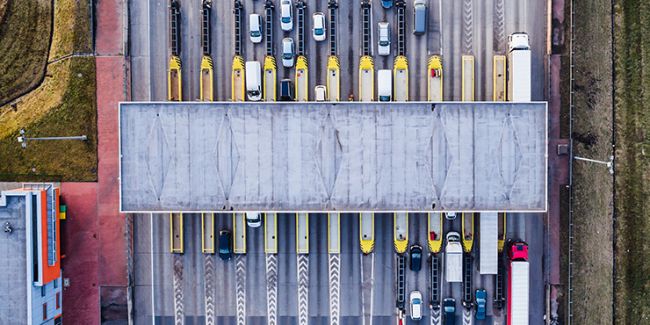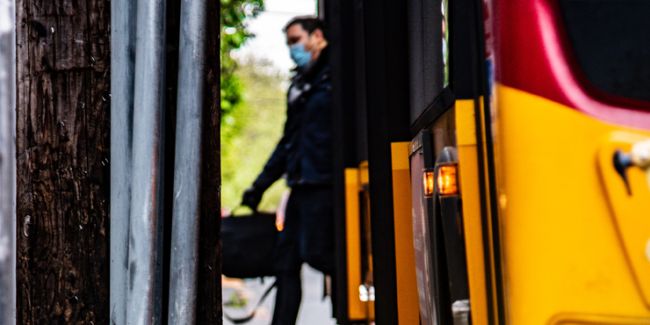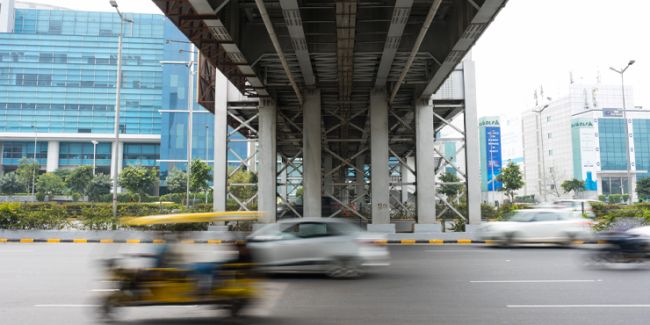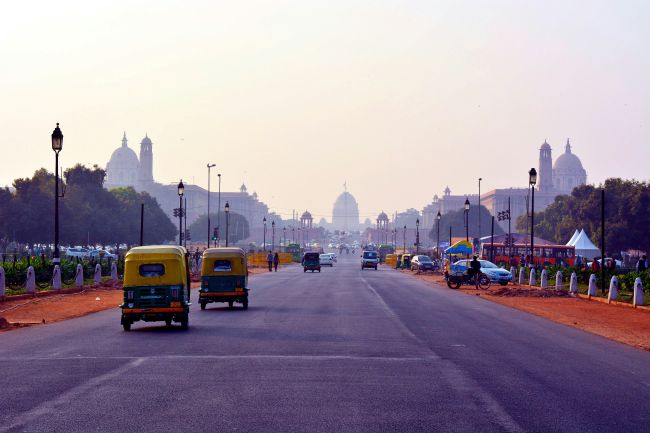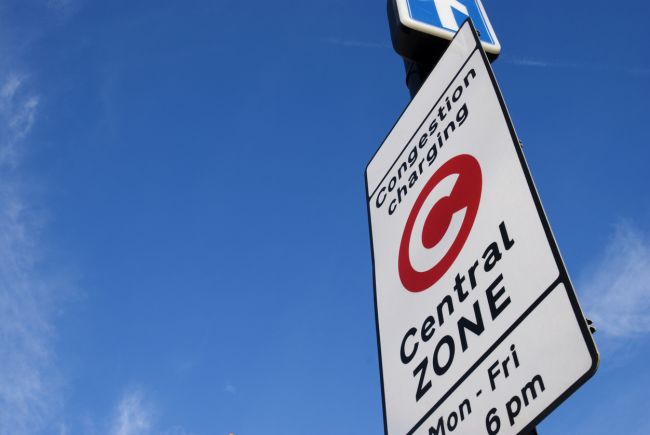The value of time
How much do travelers value their time and how much would they be willing to pay for a better and faster transportation link?

How much do travelers value their time and how much would they be willing to pay for a better and faster transportation link?
For many years Steer Davies Gleave has been at the forefront of research into travelers’ behavior in an effort to answer these crucial questions. Since the early 2000s, we have interviewed hundreds of people in different countries, and we have analyzed their preferences with the objectives of first understanding users’ behavior and second estimating ‘values of time’ (VoT).
VoT is a key input for both the transportation models and the cost-benefit analyses that we develop to advise our clients. Estimating VoT is usually a long process which involves designing and rolling out surveys, collecting and processing the data received, and building analytical models to extract monetary results. This process is increasingly required by both private investors and public organizations, and it has several benefits.
First, estimating VoT through fieldwork provides more accurate results than simply carrying out a review of existing data such as case studies or reports to make assumptions about people’s values. Such literature does not even exist in some countries, and further assumptions would need to be made by looking at international data. Second, our work usefully sheds light on the characteristics of the transportation market in general and provides complementary information which is very valuable to our clients, such as the socio-demographic profile of travelers.
Our knowledge of VoT estimates has grown considerably in recent years, both in places that are traditional recipients of transportation investment and in developing countries and cities where we have pioneered this type of research for new transport projects. We have carried out an internal research project as part of our Research and Innovation Hub to consolidate this knowledge.
The findings illustrated to the below are only the tip of the iceberg of our experience in behavioral research which we use to develop VoT estimates across the world and across modes. While new research is necessary to update and validate past estimates, Steer Davies Gleave can build on this knowledge base by providing benchmarks to understand any new results. We are ready to advise clients who invest in infrastructure projects in fast-growing markets, and governments assessing the feasibility and the impacts of new transport links.
Four interesting findings of our research
Which countries have higher VoT?
Our research shows that road users in Canada and Brazil value their time the highest. However, the key determinant of VoT is not the country, but rather the local context: urban users traveling to work on congested routes will be willing to pay the most for transportation improvements.
Does VoT grow as income grows?
Not necessarily. Our results suggest that the direct relationship between VoT and GDP does not hold when developing countries are included in the sample. Income disparities, high inflation and dynamic job markets also play an important role.
Does VoT change over time?
Having surveyed certain locations over time, we can see that VoT tends to grow in line with the macroeconomic changes outlined above. However economic shocks (such as the ones seen in Greece) and evolving attitudes to travel (including environmental concerns) also affect VoT over the years.
How do trucks and cars compare?
Across our sample, the VoT of truck operators is consistently higher than the VoT of car drivers, and by a fixed range of ratios. This indicates that truck operators are willing to pay more for transportation improvements, as a result of their punctuality targets as well as the ability to spread costs along the supply chain.
Countries where SDG has estimated value of time in recent years (2008-2013):
- North and Central America: Canada, Guatemala, Honduras, Mexico, Panama, USA
- South America: Brazil, Chile, Colombia
- Europe: Albania, France, Greece, Italy, Poland, Portugal, Spain, UK
- CIS and Asia: India, Indonesia, Russia
- Africa and the Middle East: Ivory Coast, Jordan, South Africa
